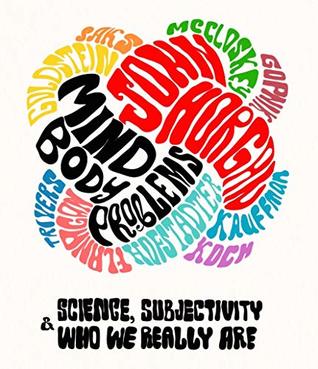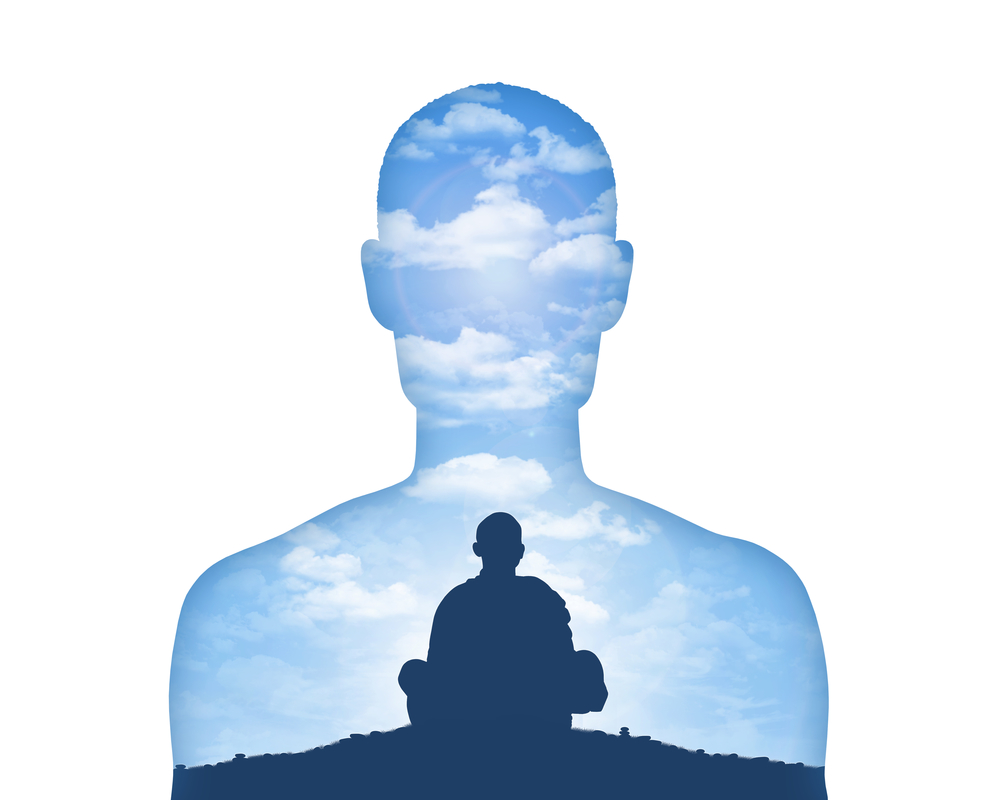
What are mind-body problems? Are they problems of science? Philosophy? Economics? Theology? The latest EconTalk guest, science writer John Horgan, calls them the problem of who we are, the very problems posed by human nature. This conversation explores these questions and more, getting to heart of what it really means to be human.
Horgan discusses his book, Mind-Body Problems with host Russ Roberts, which is a series of profiles of nine individuals (including economist Deirdre McCloskey) demonstrating how people’s personal experiences influence their perspectives. (P.S. Horgan’s book is also available in its entirety online at zero price… Take advantage!) Horgan ultimately concludes that what we need to really explore the connection between mind and body is freedom, yet “”freedom means different things to different people.”
1- How does science limit our freedom and personal identity, according to Horgan? What does he mean when he says, “I see that our effort to figure out what reality is and what we are as being in this tension with our desire for freedom.”
2- Horgan says he sees history as a series of widening our opportunities to make choices, and that, “…the amount of freedom that we have today is so much more than–certainly than what was available when I was a kid..” To what extent do you agree?
3- What are the problems of capitalism as Horgan sees them? How does this compare to Russ’s worries? Who is the more optimistic of the two, and why?
4- Horgan professes that he needs free will (indeed he says more than he even needs God). He also notes many illustrious scientists- Einstein included- do not believe in free will. Do you believe in free will? What grounds your (dis)belief? To what extent do you agree with Roberts that without free will, we wouldn’t try to be better?
5- Have you ever had a sort of identity crisis? How did you resolve it? To what extent do you think self-awareness as an “old man’s game,” as Roberts suggests?
P.S. Did you get the reference in this week’s title?


READER COMMENTS
Pete Miller
Dec 21 2018 at 4:17pm
I hope this responds usefully to your questions.
It seems more and more likely to me that the great evolutionary advantage conveyed by the combination of consciousness and self-awareness is the ability to build and refine a model of reality against which to test prospective courses of action and so try to choose more favorable ones. To the extent that our model of reality approaches accuracy and our manipulation of it approaches honesty, we can use this ability to avoid paths of behavior that lead to punishment in favor of those that lead to reward. Running “What if?’s” in the safety of our skulls permits us to avoid breaking many of our other bones, figuratively and literally.
This modeling and simulation ability is particularly useful to us as social creatures, because determining the probable reactions of others to our actions has such an enormous impact on our future access to resources both tangible and in-. This ability to forecast repercussions of our actions in the social context is what Adam Smith refers to as the impartial observer.
In both the physical and social worlds, this modeling and simulation facility is very useful, but it has some imperfections and implications.
One is that, to a large extent, we actually live in our model rather than in reality. When we receive new stimulus and information, it is almost inevitably filtered through what we already hold in our models. Substantively updating our models seems to require significant and unpleasant work, so we do it only with reluctance. Cue recurring description of confirmation bias. Much conflicting information, which should perhaps be the most interesting (in the same way that changing parts of our visual schema are most interesting because they suggest movement), is instead disregarded. When we allow our interior models to diverge from reality, the predictions become less reliable.
Another wart is that each of us builds and maintains a personal map of what constitutes a reward or a punishment. This is what makes the social sciences so tantalizingly imperfect. However strong the theoretical power of saying that people behave to seek reward and avoid punishment, without access to those internal and idiosyncratic models, we can’t forecast what a given individual will do in a given circumstance. One of the big failings of the Homo Economicus approach is that it assumes consistent reward/punishment maps or at least that they all average to something predictable, but there is in fact no reason to have confidence that they do.
Perhaps most vexing for this particular subject matter is that this whole model/simulate/predict/keep-my-human-host alive complex, which just to keep this extra difficult is pretty much what the human host thinks of as “Me,” figures out pretty quickly that it will eventually fail. Try as it will, it, which is to say I, can’t come up with a scenario in which I don’t eventually die. Well then what’s the point of trying at all? Existential angst, here we come. A version of the Pandora myth I read in my teens contained a beautiful, poetic version of this. The last horror in the box, after all the diseases and cruelties had already escaped, was the curse of perfect knowledge of the future. It was intended as the infallible doom of humanity, because faced with certain knowledge of every moment of suffering leading up to an inevitable death would so stun humans with the pointlessness of existing that they would simply stop. Pandora managed to slam the lid back down with this horror half way out of the box which spared us its full force and instead gifted us with the abilities to speculate and to hope; abilities key to coping with all the other ills released from the box.
We respond to that challenge in a lot of different ways. Religions with afterlives help someone edit the death ending out of the model and provide a quantity of information to incorporate in the reward/punishment matrix. Philosophies of perspective and mindfulness try to emphasize the importance of the quality of life while living and keep the forecaster fully occupied with the interval until death, essentially changing the victory conditions from survival to actualization and integrity. Some drug habits flat out stun the forecaster with a concomitant array of benefits and disadvantages.
Free will (which I believe there is room for in the Epicurean swerve or quantum noise even in a largely clockwork universe and even if it is an illusion its a useful one as I will get to in a moment) also seems to be important to keep the forecaster engaged in its, which is to say my, work. If the forecaster not only recognized the ultimate futility of its work but also believed it wasn’t really steering the ship who could blame it for hanging up its spreadsheets and looking around for a lotus tree? (That pun, which will perhaps only be clear to personal computer users from the 1980’s, was purely accidental; but I am now very fond of it.) How much unreinforced fortitude and grit do we expect from one little psychological phenomenon expressed in metaphor? I need a sense/illusion of free will to get through an ordinary Wednesday let alone a dilemma or a crisis, and you probably do too if you’re honest, so could we just let this particular issue go? This paragraph is at least a reasonably clear response to question 4!
So, thanks to Russ, John, and Amy for the mental stimulus to think about the usefulness of consciousness. Props to Pandora for quick work with that box lid; and responding to your PS – Tinkerty Tonk.
Amy
Dec 26 2018 at 9:32am
Pete, Tremendous!!!!! Thanks for taking the time (and thought!).
Comments are closed.